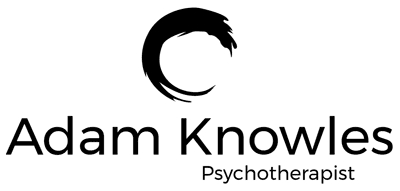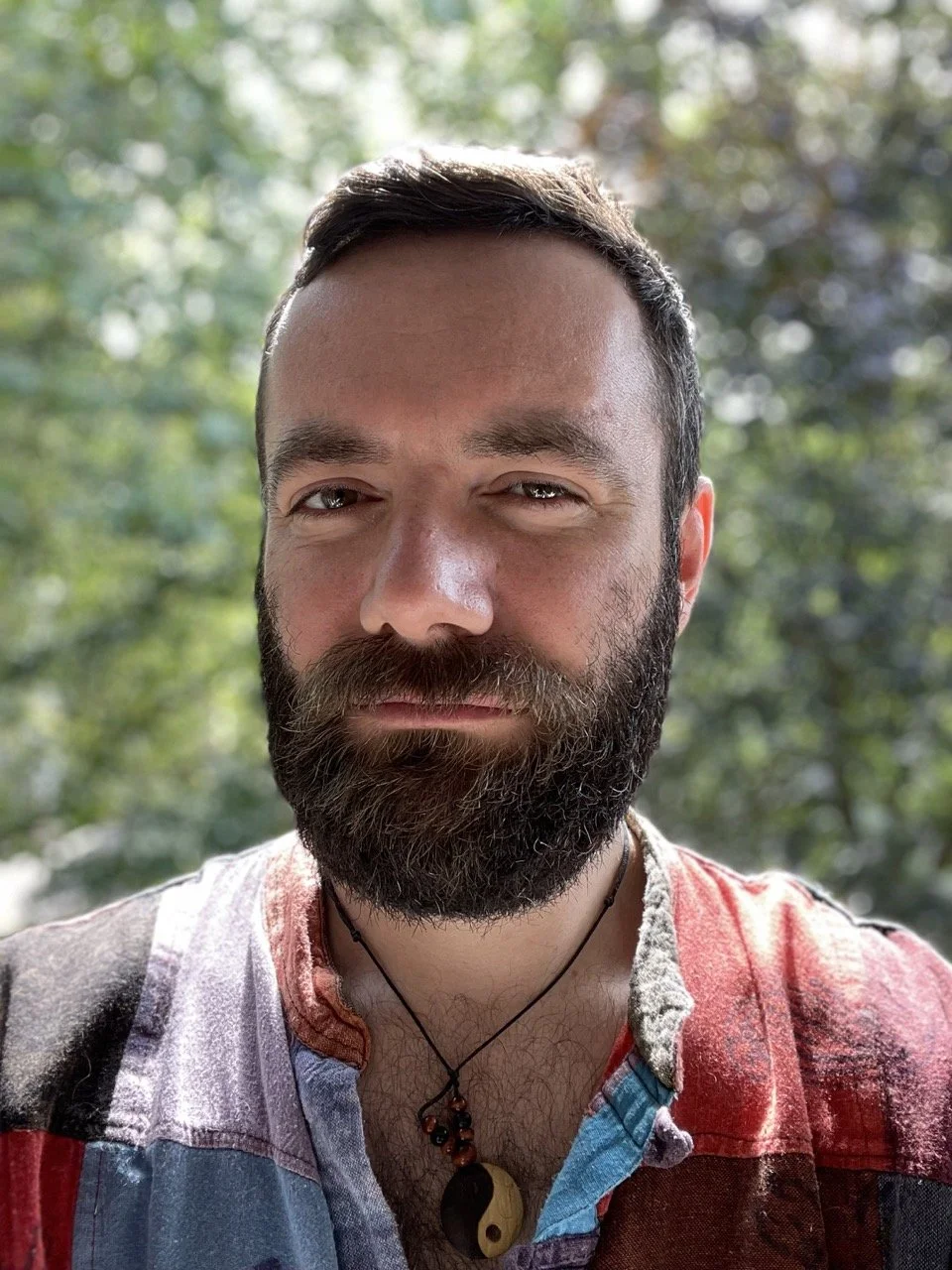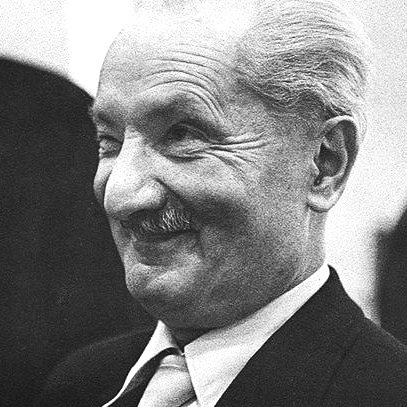About
Speaking personally
I wish to avoid the vague and empty cliches that I observe many psychotherapists say about themselves and psychotherapy. Pictures of polished pebbles, concentric circles, footprints in the sand and forest paths. Talk of ‘space to explore’.
The fact is you’re visiting this website, perhaps a little reluctantly, because you’re suffering in some way. I think well-intended reassurances are an insufficient response to that.
You’re suffering maybe because life seems pointless, because you’re overwhelmed by choices, because the party continues into Monday a little too often, because someone important died, because you think you should be doing better, or because you’ve never known love. In all these cases, I think psychotherapy offers you something of value, something unique.
I’m not for everyone, so let me try to make clear what I offer, to help you decide. I like to get to the point, but I try to be patient, too. I can get distracted, but it’s not your job to entertain me. I provoke, but not needlessly. If you reach clarity by disagreeing with me, that’s OK. I make mistakes, I apologise. I pursue excellence, which often serves only to make my shortcomings clearer. It’s more often about better feeling than feeling better. I’ll help you pursue the truth, wherever it leads, “The truth will set you free, but first, it will piss you off”.
I do not work in ‘mental health’. I do not characterise thoughts or behaviours as ‘mental illnesses’, though you’re welcome to. I think there is too much medicalisation of distress, while recognising that the psychological and the spiritual have biological, material manifestations. I am not anti-psychiatry or anti-drugs, but I promote informed consent and recognition of the sovereignty of the ‘patient’.
I’ll join you in your search for a better life for yourself without telling you what to do. The answers present themselves in the questions if you look closely enough. If that sounds too vague, I’ll try to demonstrate the truth of it by looking at your life with you.
More than ‘talking helps’, and more than experiments and statistics, it is my experience that people like you talking to me in a focused and engaged way on a weekly basis can transform your experience of life for the better. When it doesn’t, we keep trying. Usually, step by step, things improve. Nothing is guaranteed, but I promise you my unwavering commitment to try.
Existentialism and me
Heidegger: Pondering being, time, and authenticity.
De Beauvoir: Defying norms, the Second Sex.
Kierkegaard: Leaping faith, paradox, and angst.
My existentialism draws on some radical thinkers of the past 200 years: Heidegger, Kierkegaard, De Beauvoir, Merleau-Ponty, Wittgenstein, and Nietzsche. Existentialism means thinking about your life philosophically with warmth and embodied feelings. I practice phenomenology, which means an analytical examination of what’s happening in your life, grounding any explanations or ideas in your direct experience. My favourite artist is Salvador Dali.
For more on existentialism, you could read ‘Think big, be free, have sex … 10 reasons to be an existentialist’, from the Guardian.
Or existentialism as ‘the problem of life as a human being’ at the Academy of Ideas.
A more formal and comprehensive definition is available from the World Confederation for Existential Therapy.
“The refusal to belong to any school of thought, the repudiation of the adequacy of any body of beliefs whatever, and especially of systems, and a marked dissatisfaction with traditional philosophy as superficial, academic, and remote from life–that is the heart of existentialism.”
My background
Prior to my psychotherapy training, I had a twenty year career leading teams in technology (I’ve now deleted my LinkedIn). I was Chair of LGBT Humanists for a few years. I practice yoga (vinyasa flow and yin), piano, singing, and meditation. I am a student of the scientific enlightenment and an unenlightened Bodhisattva.
Psychotherapy qualifications
I trained as a psychotherapist at Regent's School of Psychology and Psychotherapy, London. This training gave me a grounding in existential philosophy and practice, with aspects of psychodynamic and integrative schools.
I have worked as a psychotherapist since 2016, with the following qualifications:
2018 Advanced Diploma in Existential Psychotherapy (ADEP), Regent's University, London.
2015-19 Master’s in Counselling and Psychotherapy, Regent's University, London.
2014 Certificate in Counselling and Psychotherapy, Regent's University, London.
My first degree (BSc. hons) many years ago was in International Relations. I have other qualifications in technology and teams that I don’t often think about.
I am a PhD candidate in the Department of Psychological Sciences at Birkbeck, University of London.
Professional accreditation
I am a UKCP registered therapist and adhere to its code of ethics and complaints procedures.
My UKCP membership number is 2011164952. View my UKCP profile.
I am a member of the Society for Existential Analysis (SEA), number 1023, which is an accrediting member of the Constructivist and Existential College (CEC) of the United Kingdom College of Psychotherapy (UKCP).
I am committed to Continuing Professional Development and regular supervision of my practice. I maintain professional indemnity insurance.
I am registered as a Data Controller with the Information Commissioner’s Office (ICO), number ZA264167. My data policy is shared with them.








